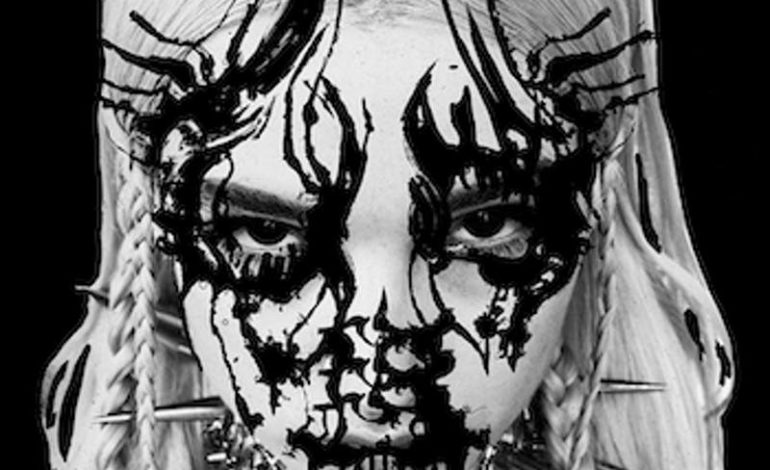

Many contradictions
To many, harsher genres like heavy metal and industrial come with a certain aesthetic, giving the genre and those involved in it some level of authenticity. It’s nearly impossible to picture a supposed metalhead without their kutte, for instance. But, all of that has changed in this modern era. Popular metal (née pop metal) has traded that aesthetic authenticity for a digital trend—memes and social media somehow contributing to this reimagined metal mentality. That’s kind of where Poppy, born Moriah Rose Pereira, comes into play—YouTube no longer housing her post-millennial vibe. On the platform, she was a cyborg character controlled by “the man.” Off it, she was a growing pop singer who is now growing into a metal sensation, in a sense. With her latest album I Disagree, Poppy conceptually douses all that pop cuteness in kerosine, but musically, it doesn’t seem like she ever sets it aflame.
From a lyrical standpoint, Poppy is steadfast in renouncing her former artistic partnership with musician and director Titanic Sinclair. On opening track “Concrete,” Poppy sings of the death of her former self, of being buried and covered in concrete—“turn me into a street,” she pleads. She also sings of the disillusionment of the world we live in on the album’s title track and the first part of “Don’t Go Outside,” among hypocrisy and religion as other notes of mental snark. For the most part, all of this is delivered with vocal innocence; the music behind it serves as a place of aural contention. There are elements of grindcore, nu-metal, heavy metal and basically anything one wouldn’t associate with bubblegum sweetness. “Bite Your Teeth” juxtaposes hard-hitting, shredding verses with harmonic choruses. “BLOODMONEY” pits shrill, deathcore-esque screams against the most tender of melodies.
This is where the album fails to track. For the sake of creativity and possibly driving home the concept of the former self versus the future self, Poppy is doing something outside of the norm, sure. But what results in an album touted for being “post-genre,” yet having no considerable direction at all. There are parts of it that resonate individually, like the whole idea of transformation and some of the riffs themselves, but something about it carries an air of inauthenticity. It’s not really an album for pop music lovers and it certainly isn’t an album for metalheads, so it ends up landing somewhere in the middle. That limbo phase likely coincides with how Poppy might be feeling as a person, but it seems as though it just a part of another persona.
